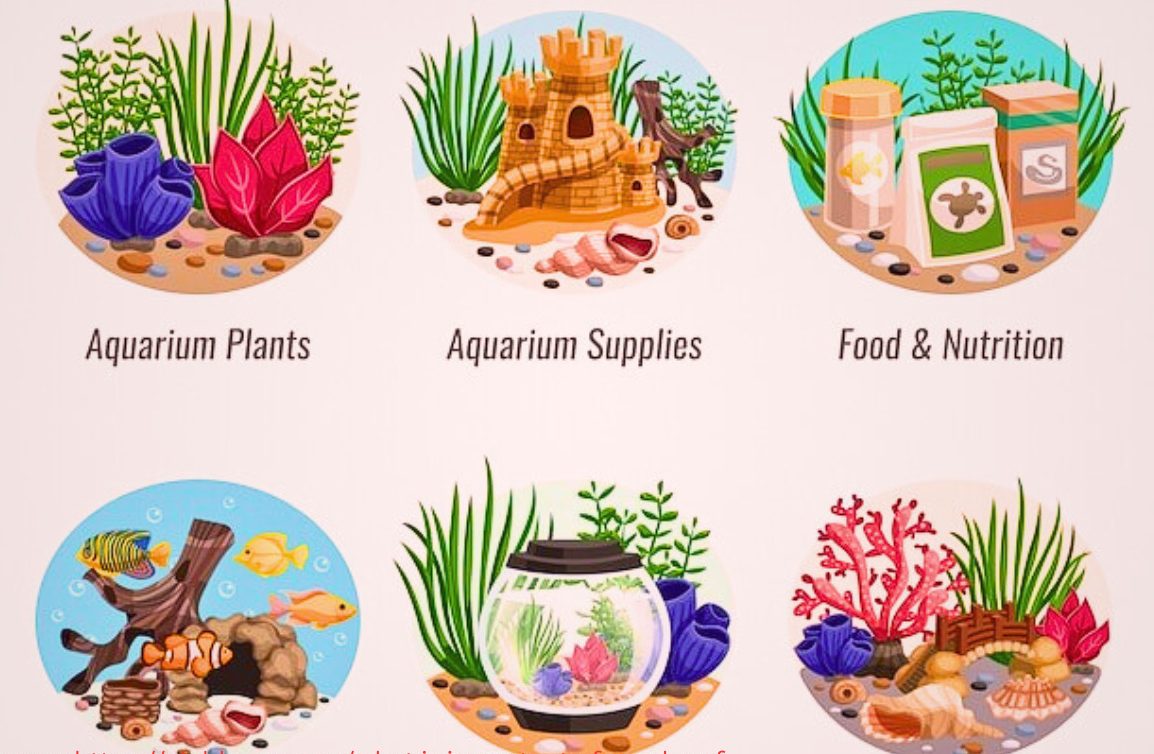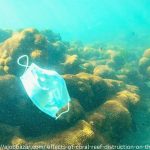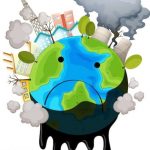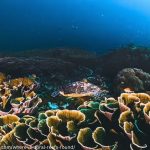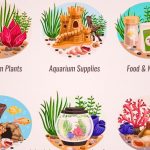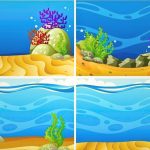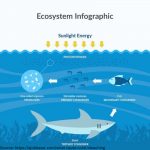Consider a world covered in rich marine ecosystems under the dazzling oceans as we continue our quest. Coral reefs play a key role in this world, and we are about to learn how important they are in determining the global environment, economic landscapes & standard lifestyles for people. Coral reefs have a significant impact on the environment from reducing climate change to supporting healthy populations of fish. Join us on an insightful adventure as we explore the various features of these undersea marvels, finally answering the fundamental query: Why is the coral reef important?
Why is the coral reef important?
The importance of coral reefs is as follows:
1. Coral reefing is a shallow-water tropical ecosystems noted by their amazing production of biomass and rich wildlife and plant life.
2. They give billions of dollars in economic and environmental services such as food, beachfront protection, and tourism.
3. It helps improve the climate by removing CO2 from the atmosphere, operates as a natural barrier that safeguards 15% of the globe’s coastlines from erosion caused by powerful waves and storms, and serves as the home for a range of marine creatures.
4. Coral reefs are important to millions of people all around the world because they provide high-quality protein and cultural items. They supply raw materials for beach buildings.
5. They offer the opportunity to learn about and appreciate the underwater world. They are also extremely valuable to the planet so we need to value of corals.
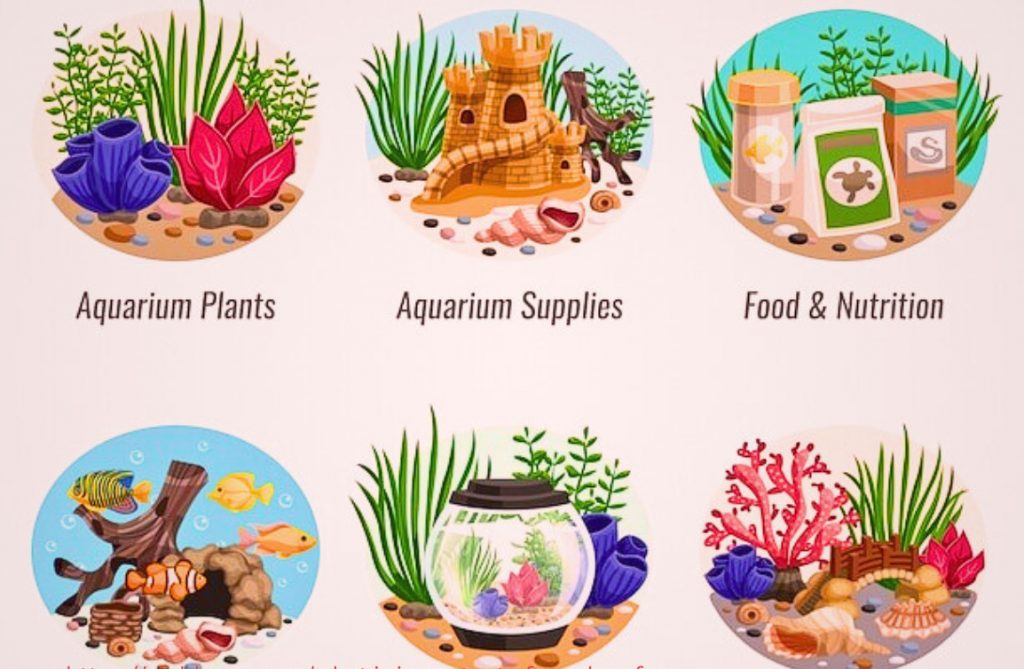
Coral Reefs and Human Existence
Why is the Coral Reef important in Human Existence? The answer is that coral reefs represent food, earnings, and history for coastal populations. These ecosystems supply products as well as inspiration for future generations. Coral reefs have a major effect on human lives in addition to their environmental value. They inspire creators, stimulate research, and tell us about the complex relationships occurring among marine ecosystems.
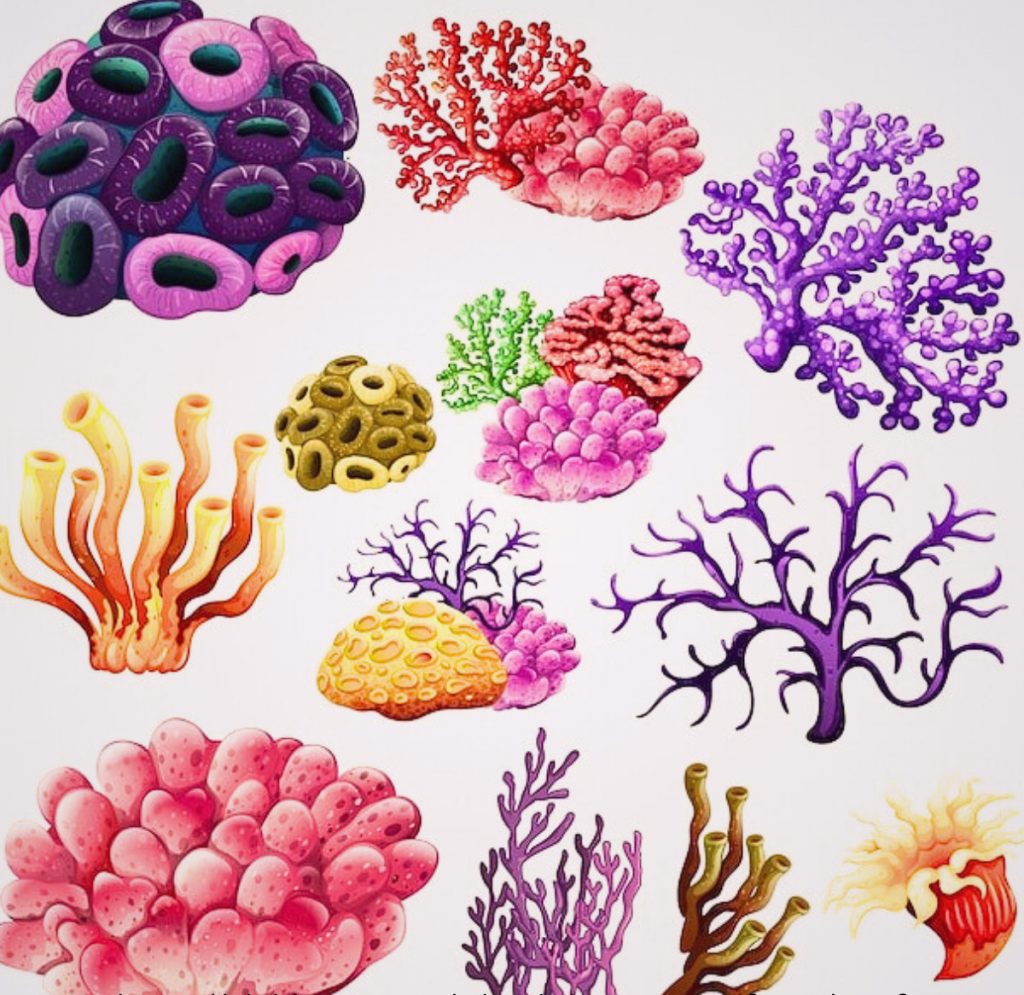
Importance of Coral Reefs in Climate Change
Coral reefs have become vital in the fight against climate change. Being around is a natural answer since they collect carbon dioxide and help to maintain the balance of our planet’s ecosystems. It is overlooked fighters in the fight against climate change. We gain knowledge to fight this worldwide concern by knowing their involvement. So we can aim to know why is the coral reef important.
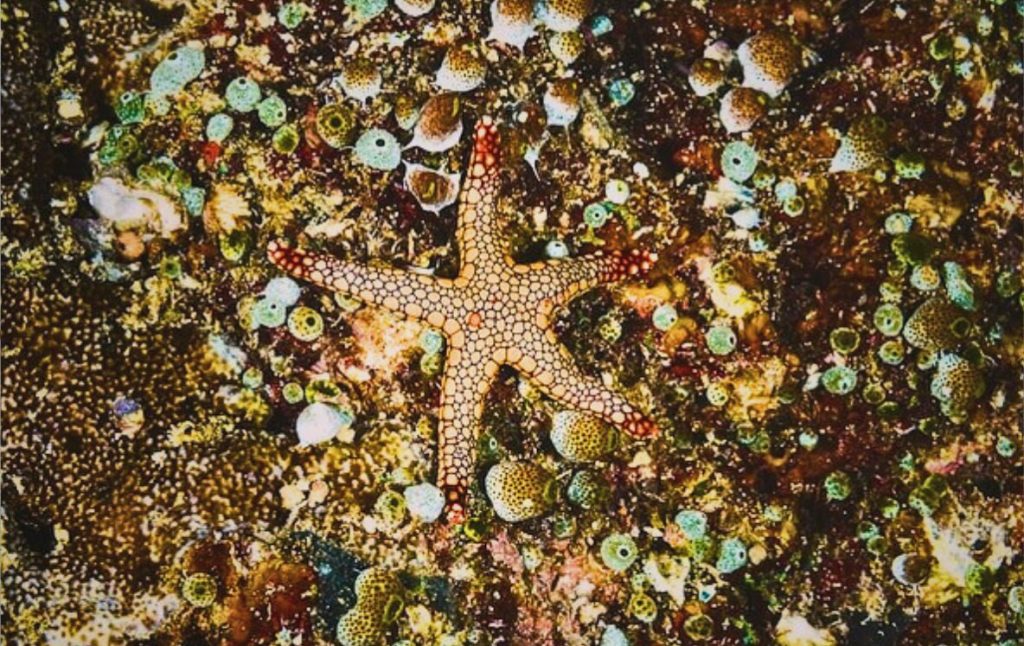
Why is the Coral Reef important in Fish & marine life?
Coral reefs provide a safe home to many marine creatures. They support the complicated network of ocean life. Providing shelter and hatching habitats. Coral reefing is busy urban areas for marine life, providing shelter and food to a wide variety of fish species. Their health has a direct impact on fish populations, with results vibrating down the food chain and impacting human diets.
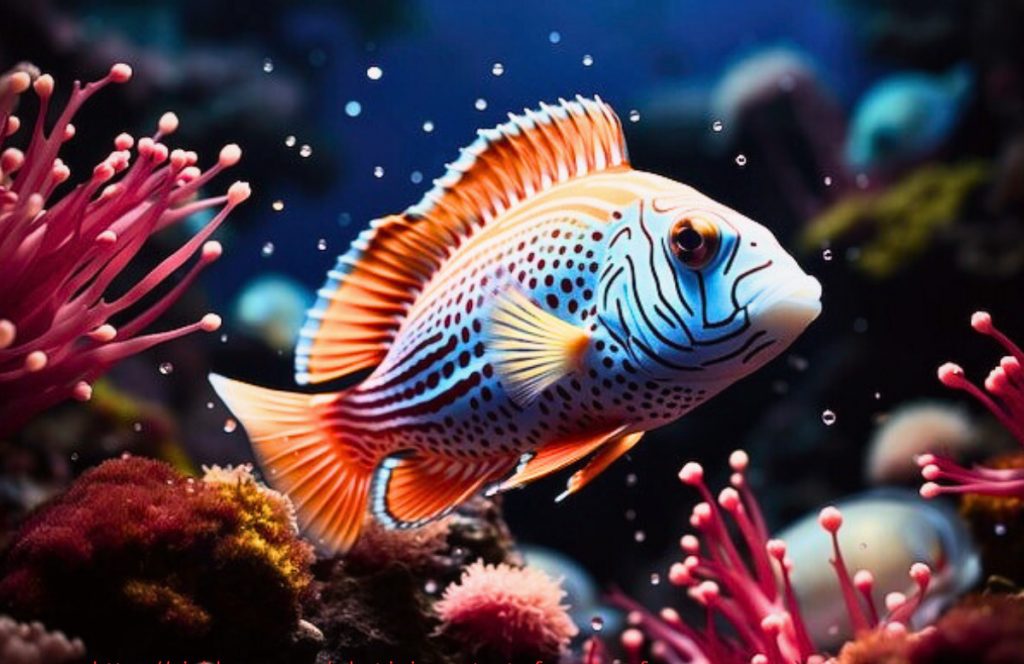
Is the coral reef important to protect humans?
Humans depend on growing, healthy ecosystems. They provide us with services on which we count, such as journeys, sporting events (related to tourism), reuse and recycling, water and air purification, and pollutant breakdown. They also give us natural resources like medicine and food.
Coral reefs also serve a range of additional purposes. They protect beaches from the damage of tides and tropical storms. Coral reefs also serve as a haven for numerous marine species. They are an important source of oxygen and other nutrients for the biogeochemical cycles of the ocean.
Coral reefing is vital to global fisheries and feeds one in every seven people. They serve as a nursery for nearly twenty percent of the world’s fish species. Each year, reefs can produce up to 15 tons of fish per square kilometer, exemplifying why is the coral reef important to our planet and human existence.
Can we live without coral reefs?
Impact on Global Warming – Scientists believe that corals collect more carbon dioxide from the atmosphere than they release. This, we believe, means that the destruction of coral reefs would result in a huge increase in CO2 in the atmosphere, worsening the global warming problem. So we understand why is the coral reef important in our life.
The loss of up to 25% of the ocean’s fish would result in a significant decline in protein supplies for mammals. This would be a major difficulty for people living on islands like the Philippines and Indonesia. It would also have an impact on plant and animal life. Both because of the direct loss of a protein source and those that depend on animals that feed on ocean fish.
Following are a few of the reasons why is the coral reef important:
Biological diversity, Safety of Food and The fishing industry, Seaside Security, Tourism and Economics, Medicinal Potential, Carbon Sink, Investigation and Education. So we have to take some action against the effect of coral reef destruction on the environment.
Coral Reefs
Coral reefs are underwater ecosystems produced by coral polyps’ complex bones. These bright havens support a plethora of marine species, resulting in an unstable balance within the waters.
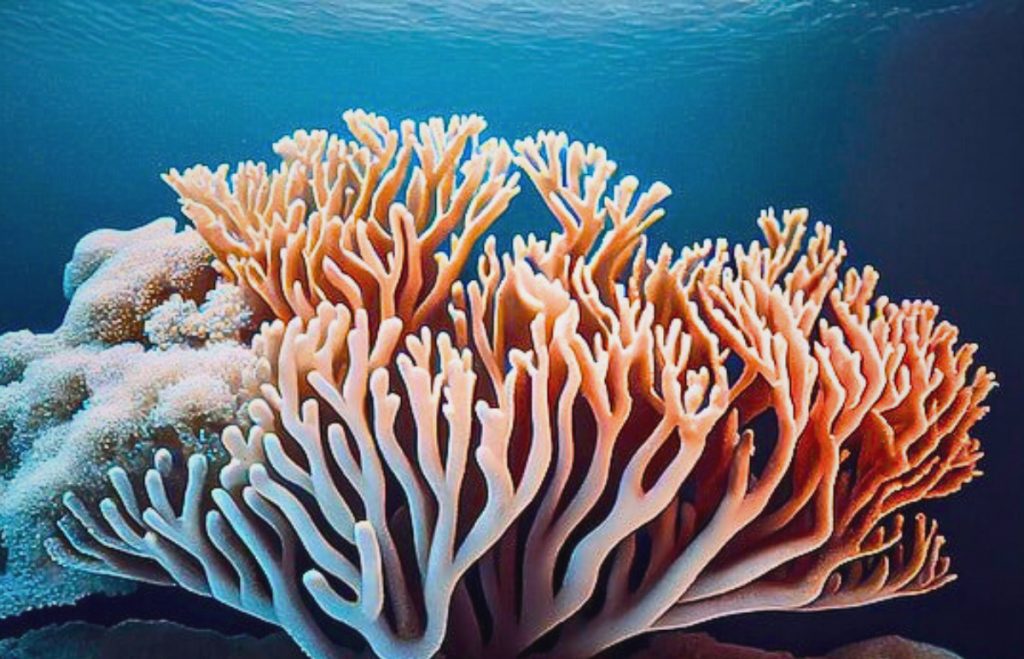
Coral reefing is lively underwater ecosystems made up of calcium carbonate shells because of their amazing biodiversity.
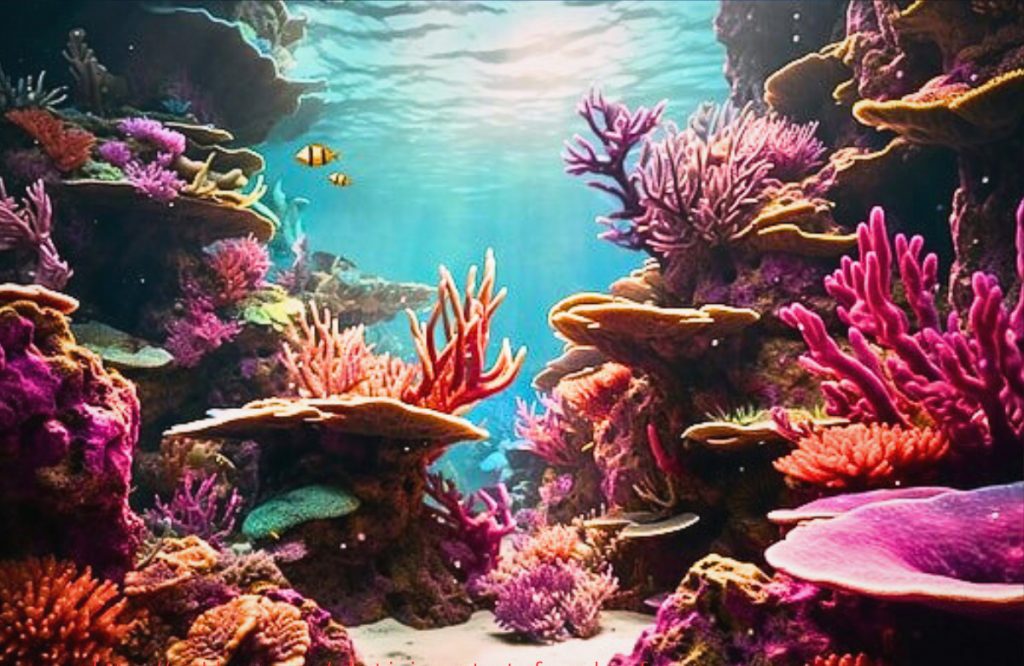
Read more about coral reefing: Coral Reefing adventure: Discovering the Ocean’s Wonders
What Do Coral Reefs Provide?
Coral reefs offer many environmental and social benefits. They act as marine life childcare centers, safeguard beaches from destruction, and contribute to the world economy through tourism and fishing which is the value the coral reef.
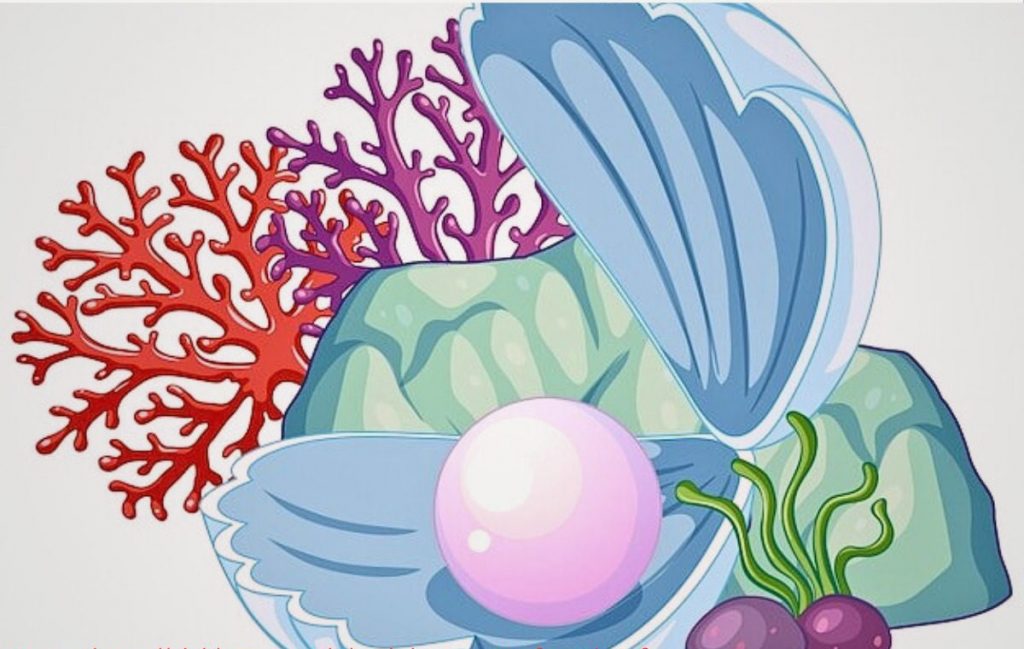
Why should we care about coral reefs?
Coral reefing is the equivalent of an oasis in a desert. Most people believe that tropical waters are extremely productive but the reality is that because the temperature does not fluctuate water does not move vertically and algae cannot survive because they cannot stay near the surface. The result is crystal clear water which is nearly barren of life. The few exceptions are coral reefs which are home to an incredible diversity of marine life that supports fisheries and tourism industries. They act as buffers to protect shorelines from storm surges and since so many people live in shoreline communities this buffer saves lives and prevents property damage. In recent years many new medicines have been derived from the organisms. They inhabit coral reef ecosystems.
How do coral reefs grow?
Only a few coral species require sunshine to develop. Sunlight-dependent corals have attached mites (algae-like organisms) that provide the majority of the food a coral consumes in some situations. These bacteria, known as the zoo absorb sunlight and produce sugars as the result of photosynthesis, which the coral next uses. Corals are not the only animals that have a mutual connection. These organisms can also be found in jellyfish, sea snails, and clams.
According to Wikipedia, corals need sunlight. The truth is that there are corals that do not require or require mutually beneficial algae to live, even in coral reefs.
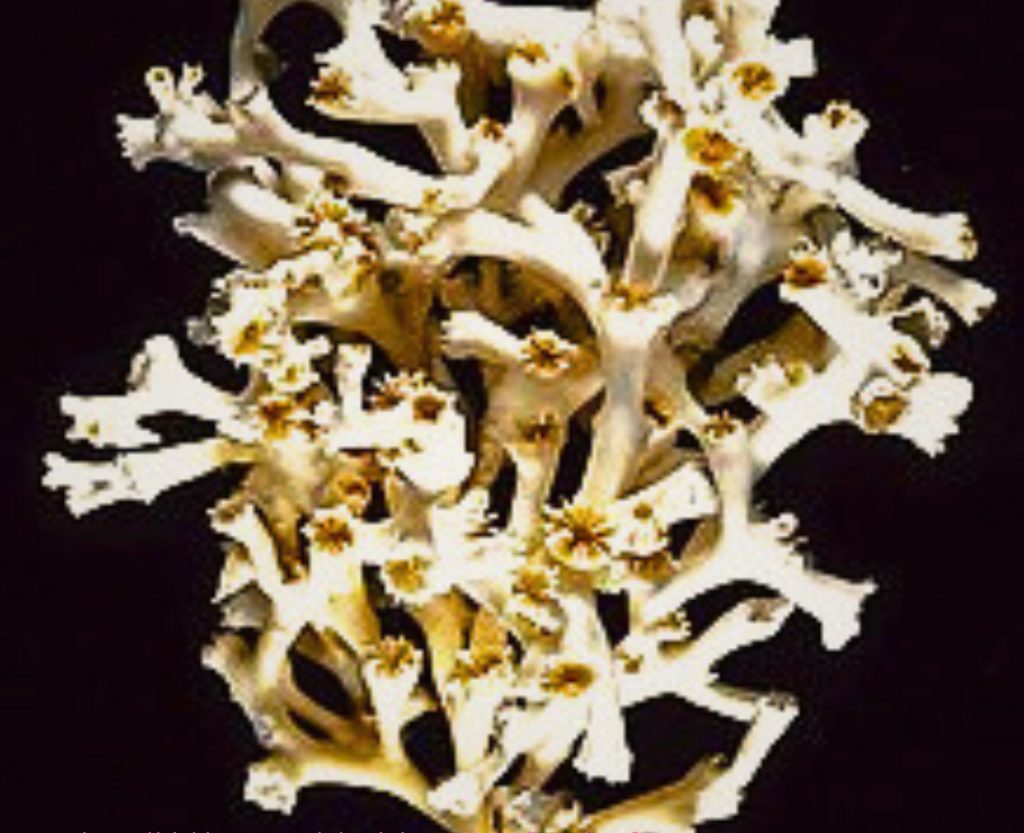
Why coral reef needs sunlight?
Coral reefs need sunshine because the coral’s single members carry dependent bacteria. Photosynthesis is required by algae. The coral benefits from some of the photosynthesis that leaks from the plants. While the fungi benefit from a haven in the polyps. Many coral colors are caused by different kinds of algae with almost different colors. There is currently a global bleaching event that is killing many corals due to warm water (global climate change and El Nino) and a shift in pH (the water is becoming more acidic due to the rise in carbon dioxide in the atmosphere).
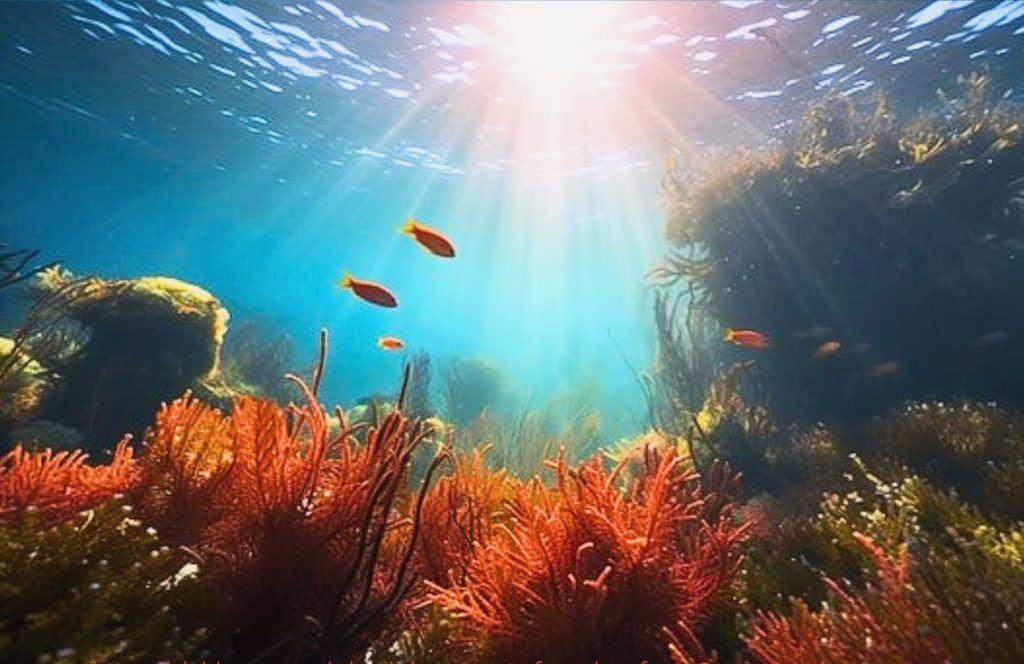
Where are coral reefs found?
Coral reefs found in the below area:
1. Raja Armpit, Indonesia is number one. Raja Armpit is situated at the point of intersection of the Indian and Pacific Oceans, in the middle of the internationally renowned Coral Triangle.
2. Solomon Islands.
3. Papua New Guinea.
4. FIJI.
5. Red Sea.
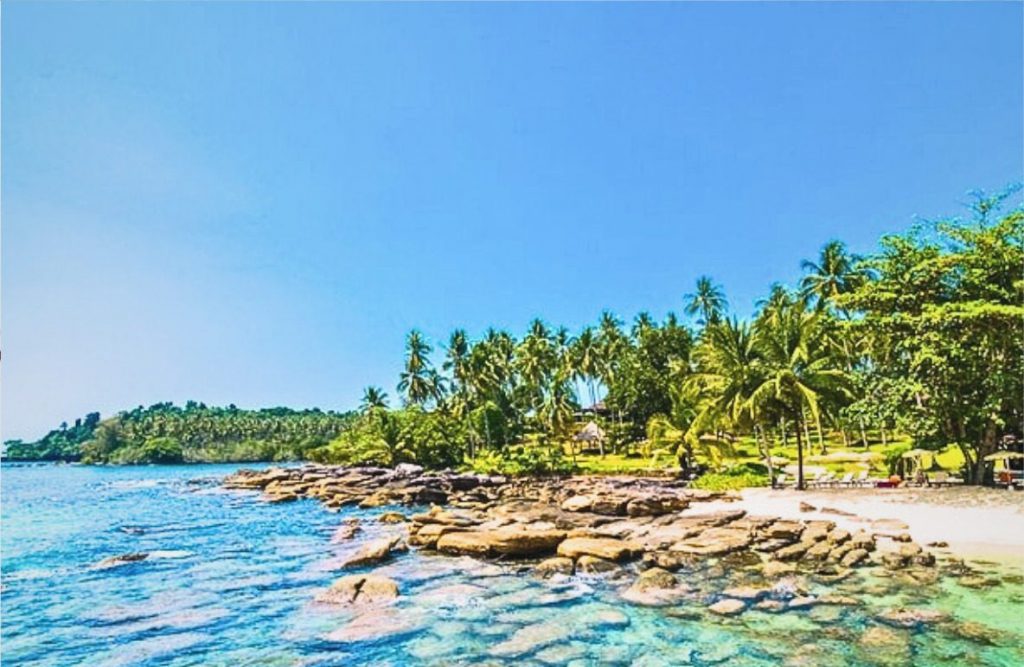
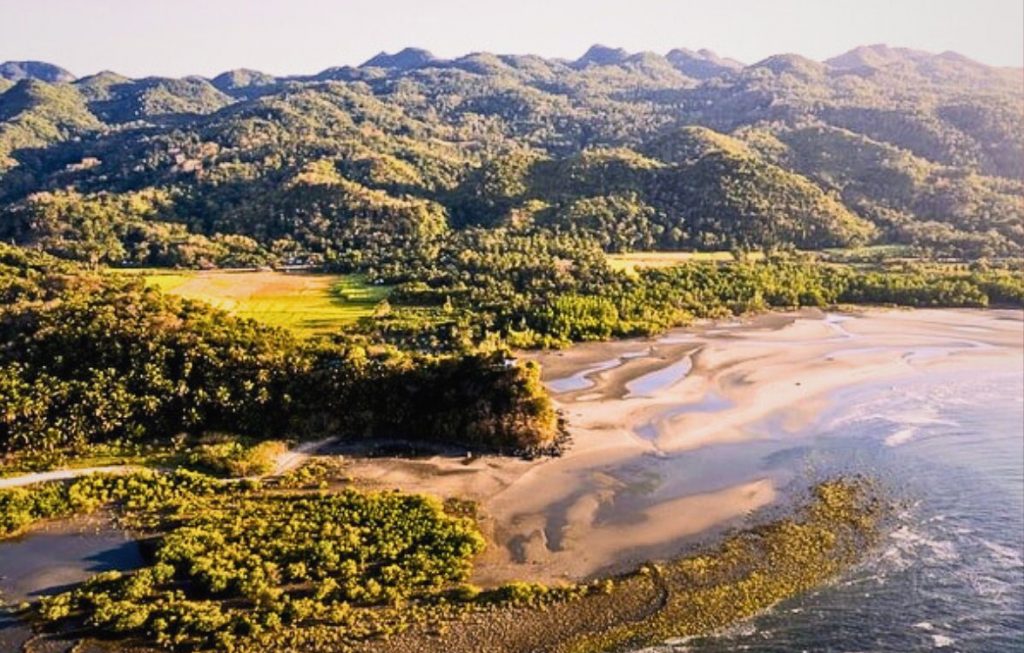
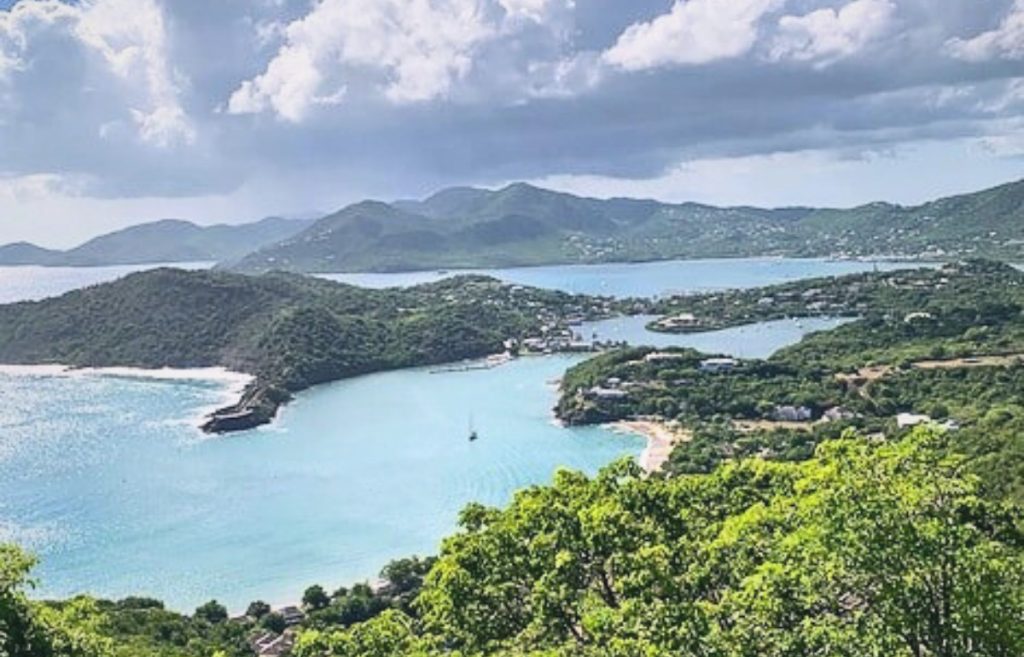

What eats coral in the ocean?
Coral is mushy, so swimmers often observe it doing so.
1. The Parrot Fish. Parrot fish, which stay in tropical marine climates, feed on bacteria present in living coral. So it typically includes gnawing off the
2. Coral heads.
3. Crown of Thorns Sea Star.
4. Butterfly Fish.
5. Nudibranchs.
Types of Coral Reefs
Coral reefs differ in size and location, from border reefs near beaches to barrier reefs and atolls in wide waters. Each type has its own biodiversity and fulfills different tasks. Coral reefing is not solid; they come in a variety of shapes and sizes. Each form of reef, from that overlook reefs to barrier reefs and islands, provides unique habitats and supports a broad range of marine species.
Threats of Coral Reef
Pollution, overfishing, and climate change are all dangers to coral reefs. Understanding these issues is critical to safeguarding these delicate ecosystems. At present threats of coral allow us to protect them.
For more about bleaching and threats of coral, read What Causes Coral Bleaching? Factors, Effects & Conservation
Ways to Protect Coral Reefs
Coral reef protection is a collective duty. We must arm ourselves with concrete plans to protect coral reefs. Every action counts, from environmentally friendly tourism to marine conservation work.
Why is the coral reef important to produce oxygen?
Yes, coral reefs create oxygen. Coral reefs represent some of the most stunning marine habitats. Corals, like plants, help our planet by producing oxygen. Because deep waters typically lack a significant number of plants that create oxygen, coral reefs supply much-needed oxygen to the oceans, allowing many species to survive. They fill only 0.025% of the ocean floor but create half of the world’s oxygen. In addition, it absorbs one-third of the world’s carbon dioxide and minimizes the Coral bleaching in the water.
Coral and algae have a beneficial connection. Coral provides biological parts with safety and chemicals essential to sunlight, and plants in turn offer coral oxygen and help in the removal of waste. So, these marine plants and algae and trillions of small one-celled organisms are known as plant life. Which live in healthy connection with coral reefs, and produce oxygen. Coral reefs provide the majority of the oxygen we use.
Most related articles to read:
- Effects of Coral Reef Destruction on the Environment [Update 2024]
- Great Barrier Reef | Location, History, Animal, Threads & Facts
- What Is an Ecosystem? Ecology | Definition, Types & Examples
- Lady Elliot Island: History, Animal, eco-resort & coral reef paradise
- Where is Coral Reefs Found? Location, 3 Main Areas & Importance
- The Value of Corals: Beauty, Benefits, Economic Values & Threats
- Threats of the Coral Reef: Types, Reason, Challenges & Protection
- Why is the Coral Reef Important? Ocean, Climate & Biodiversity
- Coral Reefing Ecosystem: Definition, Causes, Importance & Impact
- What causes coral bleaching? Facts, reasons, impacts & solutions

Sumaya, a seasoned writer of five years, is passionate about the ocean, jewelry, and travel. Her articles delve into marine life and the significance of gemstones, particularly diamonds, in bringing prosperity and happiness when worn according to birth-based rules. With a keen interest in sea creatures and a love for coastal destinations, she shares diverse facts and insights with her audience, enriching their understanding of these subjects.

